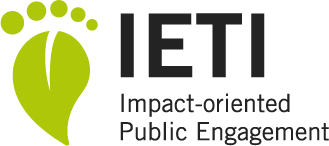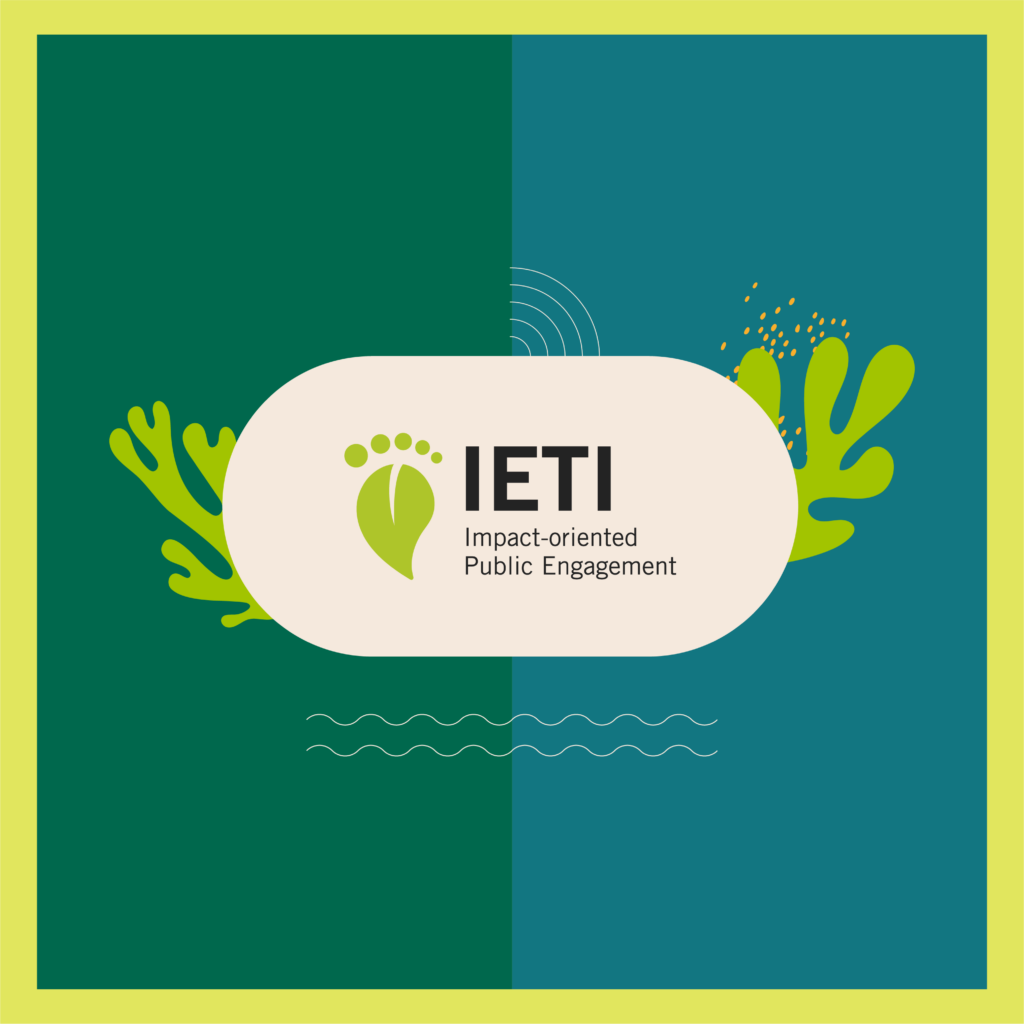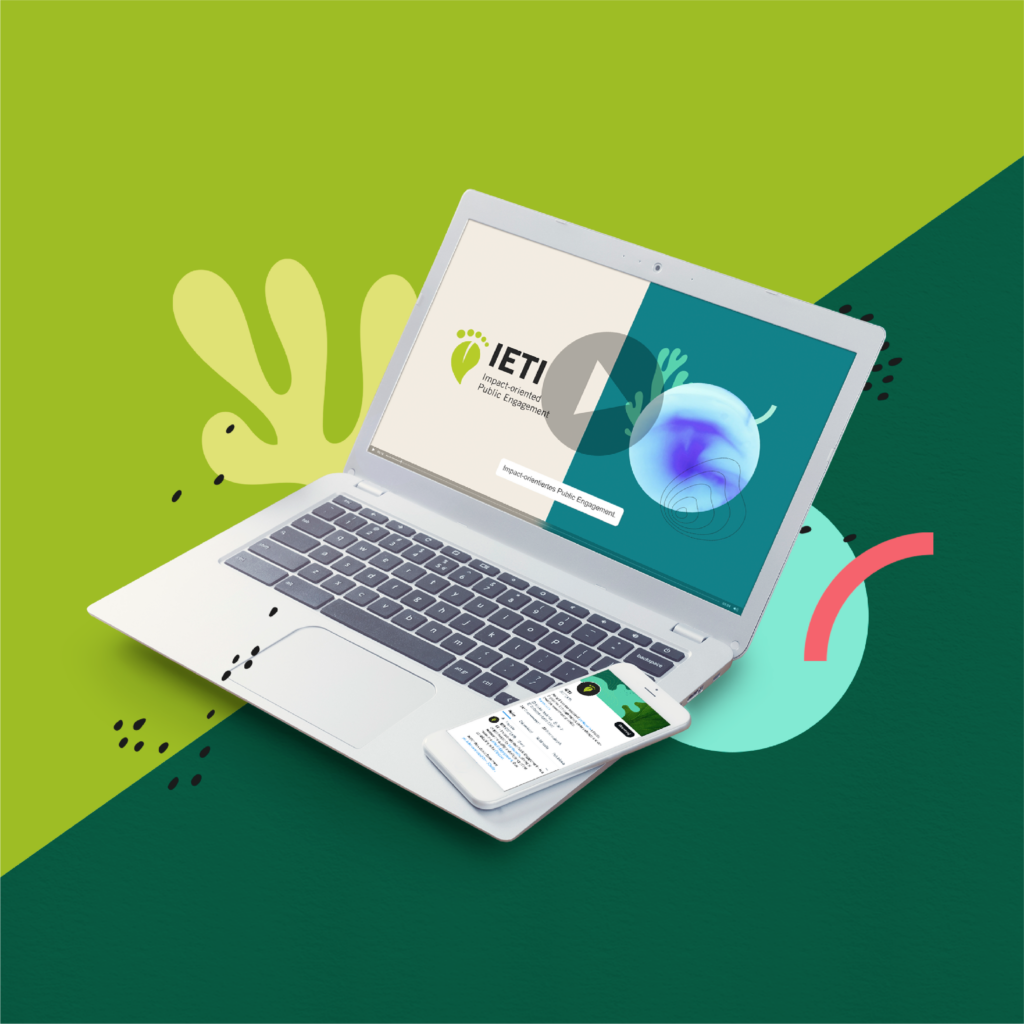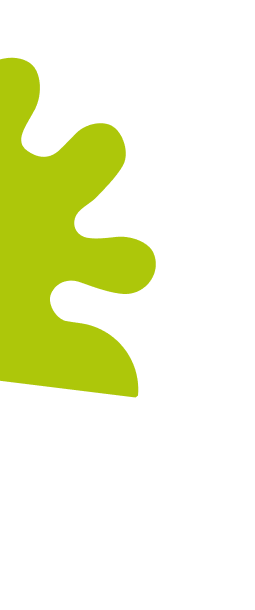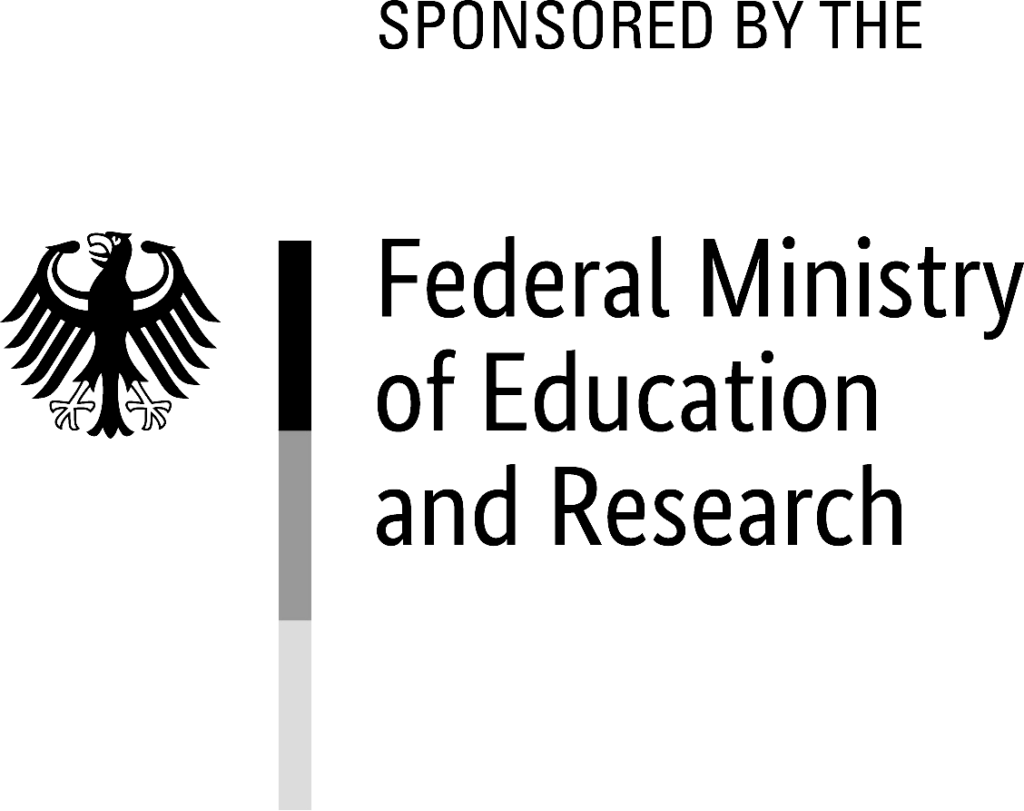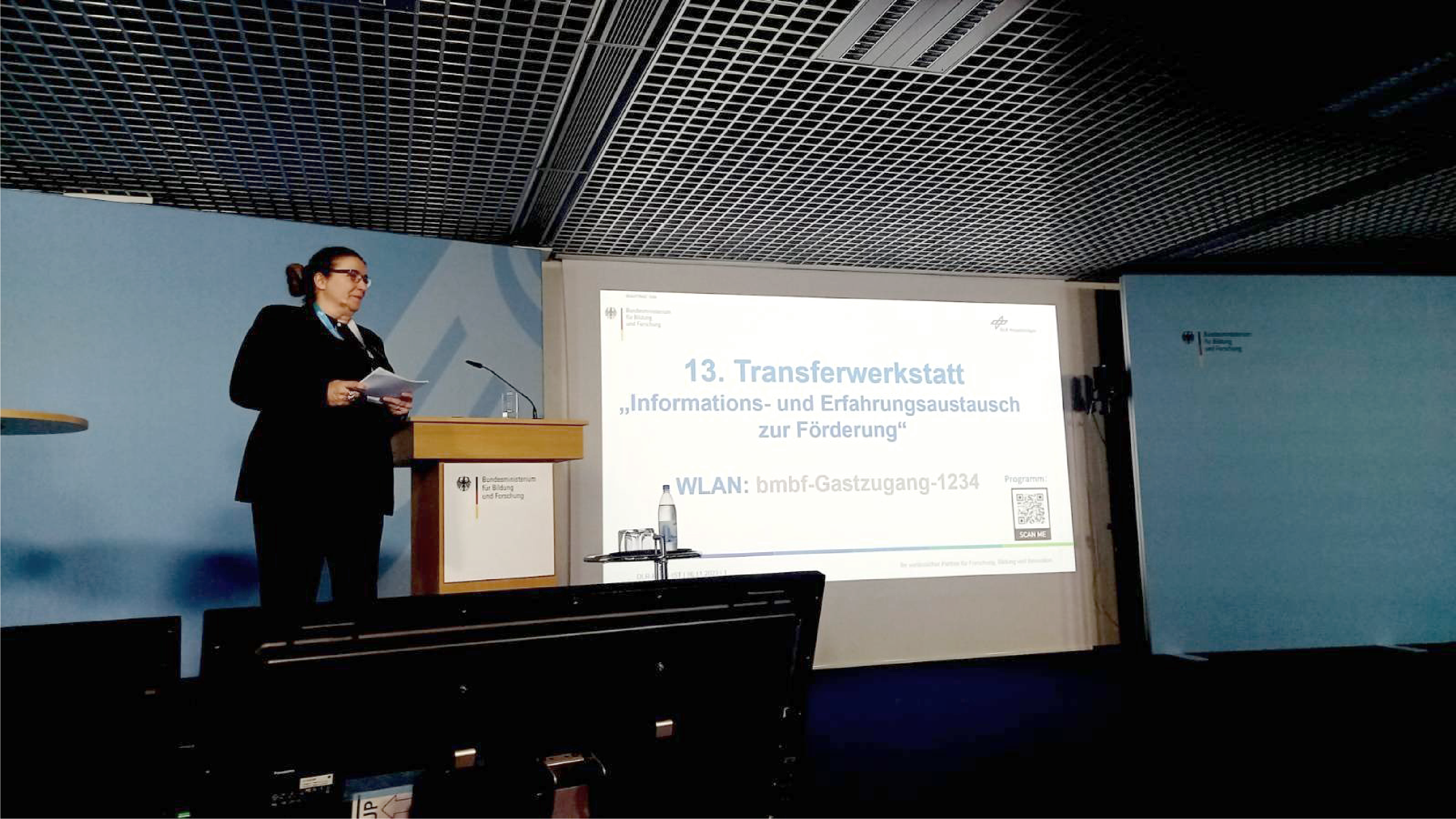
On 16 November, Dr Ana Faustino presented the IETI project as one of the newly funded projects by the German Federal Ministry of Education and Research (BMBF) at the 13th Transferwerkstatt in Bonn. In the pitch on stage, she presented the objectives, conceptual framework, tasks and progress of the first year of the project.
The Transferwerkstatt is an annual national transfer conference that aims to promote the exchange of information and experience within the funding line “Innovation-Oriented Research” of the Federal Ministry of Education and Research (BMBF). The two-day conference was organised by the DLR Projektträger and took place at the BMBF’s headquarters in Bonn. This year’s main topics were the development and strengthening of methods and instruments of knowledge and technology transfer to support a future-oriented and sustainable science system with the aim of further developing the establishment of Germany as centre for knowledge and business.
The conference programme included pitches of newly funded projects such as IETI, presentations of projects in more advanced stages of development, panel discussions and the exchange of best practice methods and tools. The full programme of the 13th Transferwerkstatt can be found here. Participants included the Museum für Naturkunde Berlin, the Leibniz Association, the Max Planck Society, the Helmholtz Association, the Fraunhofer Center for International Management and Knowledge Economy, the Senckenberg Society for Nature Research, the University of Kiel, the Munich University of Applied Sciences, the Karlsruhe Institute of Technology, the Research Centre Hereon, the Kiel Institute for the World Economy, the German Research Centre for Geosciences, the German Research Centre for Artificial Intelligence and the TransferAllianz, among others.
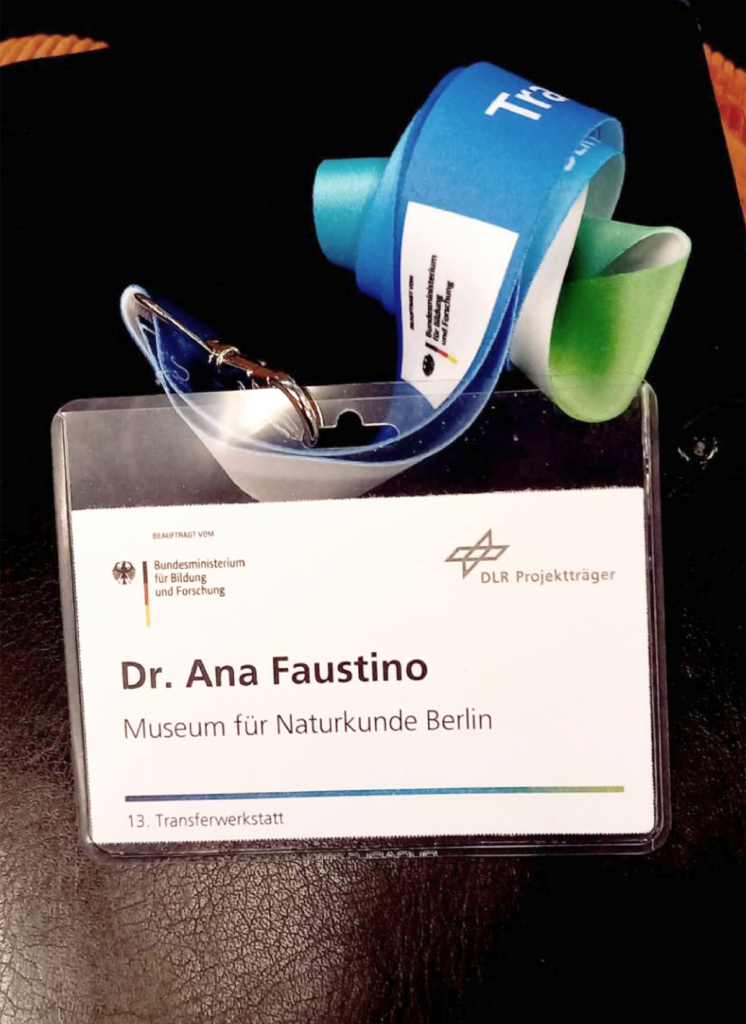
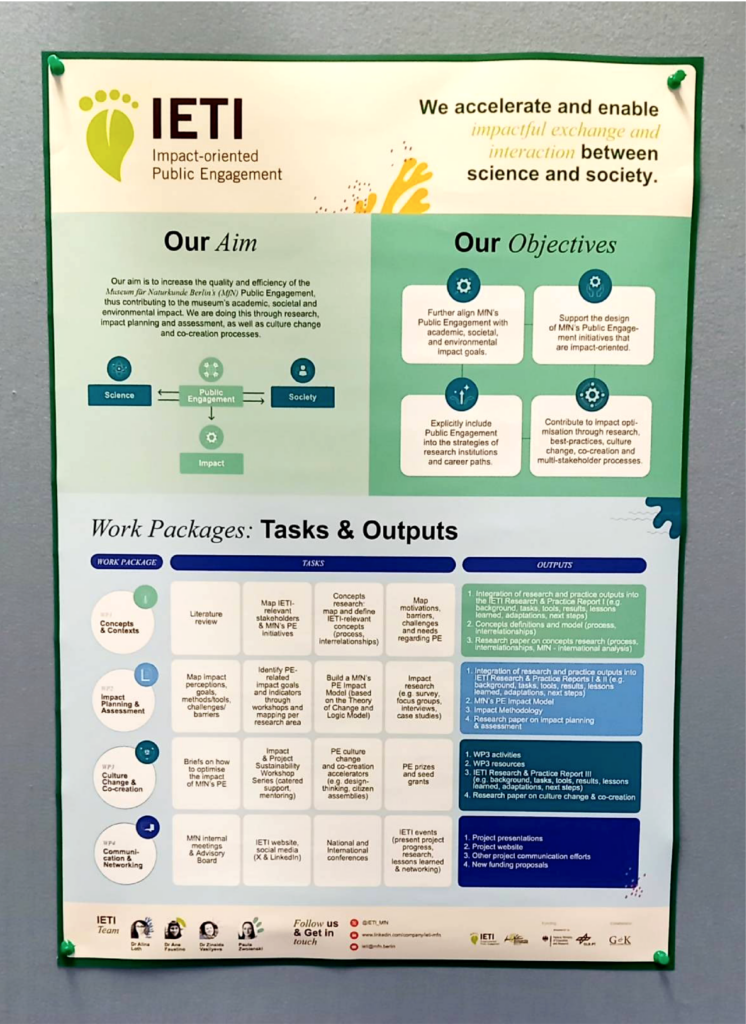
Our main lessons learnt from
the Transferwerkstatt 2023:
- Many conference participants see transfer as a way of bidirectional or multidirectional interaction between science and other societal actors, where the relevance of the transfer to the target audience should be at the core of the transfer design.
- Strategies and frameworks that focus only on key performance indicators or summative evaluation methods are seen as ineffective in maximising impact, and many participants emphasise the need to use methods and tools that enable collaboration, participation and co-creation as more effective ways of promoting change.
- Understanding the motivations, interests and needs of researchers was often mentioned as a key aspect to consider when working towards the integration of transfer or public engagement within research and research institutions. In addition, it seems clear that each research institution is unique, as are its researchers, so while standardised methodologies can be considered, they always need to be revised and/or adapted to contextual needs.
We thank Anke van Kempen, Tobias Held, Alexandra Gutmann, Linshan Feng, Laura Lelieveld Fast, Christine Wennrich, Arndt Schäfer, Maria Grazia Annunziata and Wiltrud Terlau for the inspiring exchange, and Kerstin Lahser for the invitation to the conference and the collaboration over the past year.
